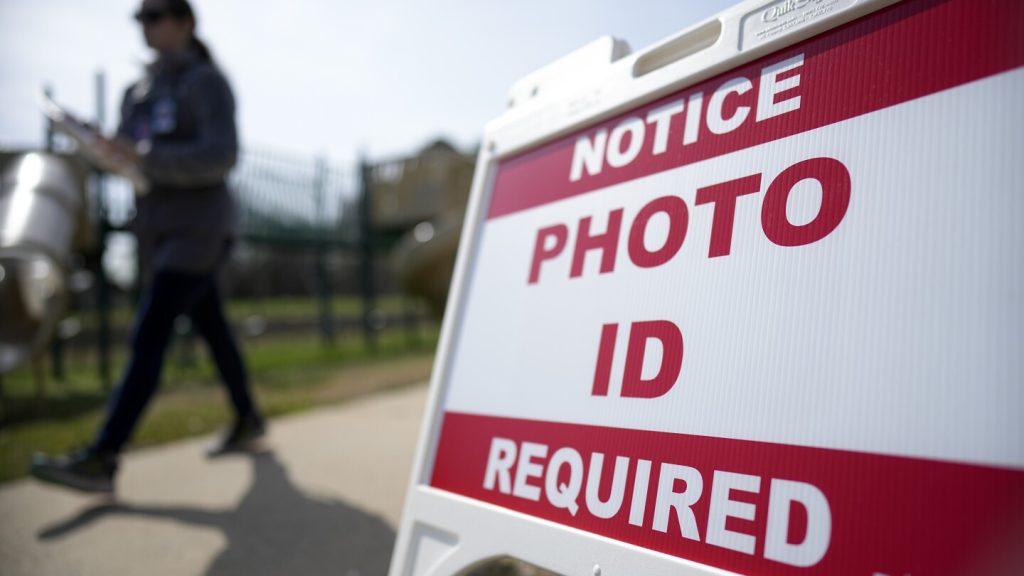The State Board of Elections in North Carolina has officially certified the primary election results from earlier this month. This includes contested races for president, governor, U.S. House and statewide nominees, and various other positions. The primaries were the first statewide election to implement rules requiring photo identification to vote and moving up the deadline for traditional absentee ballots to be turned in. More than 1,600 ballots were not counted under these laws, compared to the 1.8 million that were counted statewide.
The board has formalized runoffs for several races, including the 13th U.S. House District GOP nomination, the Republican primary for lieutenant governor, and the GOP nomination for state auditor. Winners of these runoffs will face their Democratic rivals in the fall. In other races, incumbent Catherine Truitt lost her GOP primary for Superintendent of Public Instruction, while various state legislators, both Democratic and Republican, lost their primaries as well. One candidate, Kevin Crutchfield, filed an election protest that was dismissed, but he plans to appeal to the state board.
Under the voter ID law, provisional ballots were cast by voters who couldn’t show a qualifying ID, and 1,185 provisional ballots were cast for reasons related to the voter ID requirement. Of those, 708 were partially or fully counted, while 477 were not counted due to voters not filling out exception forms or failing to return to the county board with their ID. Additionally, 1,170 absentee ballots were not counted because they arrived after the 7:30 p.m. poll closing time. A previous three-day grace period for late-arriving ballots was eliminated by a 2023 law.
Critics of the voter ID law, like Democracy North Carolina, are concerned that some voters may face obstacles in returning to county board offices with their IDs. The state board reported that absentee ballots that arrived after the poll closing time in the primary were not counted. Republican legislators believe the deadline change will increase confidence in election results, while Common Cause North Carolina is urging the legislature to reinstate the grace period for late-arriving ballots. Despite the challenges, Republican Sen. Warren Daniel expressed satisfaction with the implementation of the laws, stating that most voters cast their ballots in accordance with state law.
According to the voter advocacy group Democracy North Carolina, the cumulative impact of various barriers created by election laws can affect the outcomes of close elections. While the statewide voter primary turnout was lower than in the previous primary, voter ID laws and ballot deadline changes have raised concerns about disenfranchisement and obstacles for voters. The primary results have now been certified, setting the stage for the general elections in North Carolina later this year.


